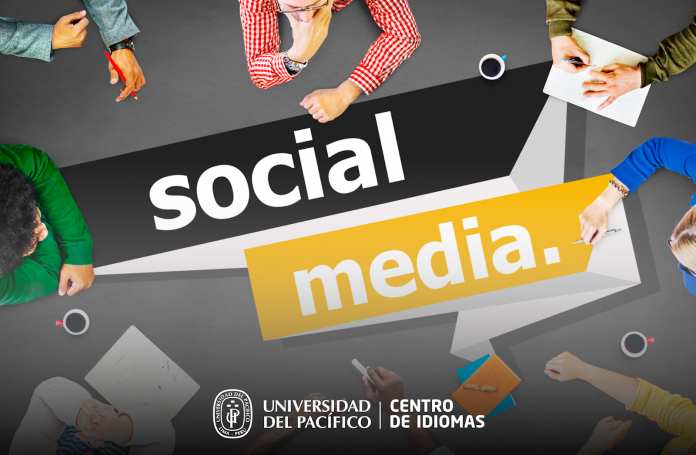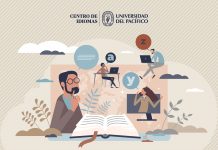Who hasn’t heard of Facebook, Twitter, Whatsapp and Google? Are we already used to Blackboard and Moodle? Social media does encourage social connections and does allow exchange of information at once.
Despite their drawbacks: access to questionable content, addictive nature, bullying, and negative peer pressure, there is no doubt that they are here to stay. Since we can either embrace technology or neglect it, we should set up filters that prevent students from getting distracted and/or waste their time.
We have to consider that there are also tremendous benefits when it comes to social networks. On the optimistic side we find that introducing the latest tools and technologies can be a great ally and not only to the growth of our students, but also towards the educator’s professional development.
Below, I list some positive ways in which social media can be used in our lessons:
And it can be done in a few minutes! How? By simply scrolling through your newsfeed. You can also easily find relevant information by using #news. Besides, you can discover information about different fields: from gardening to astronomy. And at the reach of a click!
Allows Students to Get Help from Others
They can get this help from another student or from an expert. Students can also have the chance to send private messages to the teacher in case they need some clarification and/or want to share their progress.
Can Encourage Student Participation
How so? Shy students will feel more comfortable sharing their insights via internet. Social media also allows students to collaborate with each other: by posting in Wikis and Blogs, for example; leaving their comments and exchanging information.
Students May Keep on Working on Topics of Their Interest
Once the activity or task is over, students have the chance to keep on working on topics of their interest by contacting experts. They can even find valuable related links or websites and share them with teachers.
And What About Teachers?
By using MOOCs like Blackboard or Moodle, teachers can share documents, videos, websites and applications with their colleagues. These platforms also allow teachers to load updates, messages for the students, reminders of upcoming events, tasks and their deadlines among others.
Tool for an Educator’s Professional Growth
There are institutional international networks that help to foster professional growth. How? Enhancing collaboration and contacting colleagues all around the world. Teachers can either be mentors or have mentors to get feedback about teaching styles, classroom problems, disruptive insights and so on.
With increased web access, teachers and students get information they may have been completely unaware of. This, in turn, will have a say in the proper implementation of social media and technology in class.
AND NOW, IT IS YOUR TURN:
Do you use social media and technology in the classroom?
Are you for or against it?
References
http://www.teachhub.com/technology-classroom-reasons-use-social-mediahttps://www.teachthought.com/technology/6-ways-https://www.schoolmart.com/2017/03/02/social-media-in-the-classroom-friend-or-foe/
Estimated reading time: 2 minutes, 30 seconds












